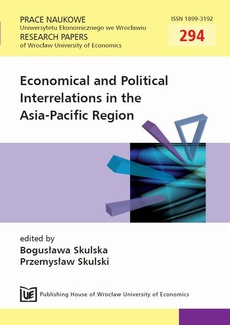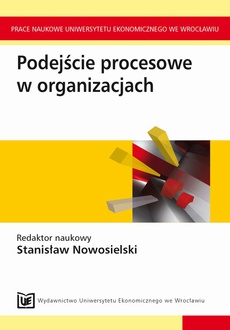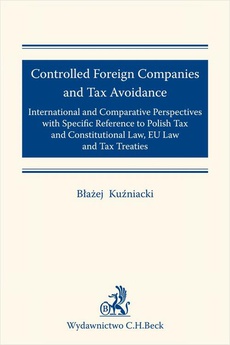POLECAMY

Economical and Political Interrelations in the Asia-Pacific Region. PN 294
Redakcja:
Format:
ibuk
Regional economic integration, meaning the removal of barriers in the movement of goods, services and the transfer of production aspects, based on geographic, cultural and economic proximity of countries, constitutes in fact the extrapolation of globalization processes in particular regions of the world. The increase in the prosperity of integrating countries, the enhancement of economic effectiveness and the reinforcement of their competitive position are the purposes of the integration.
Economic integration processes are subject to particularly strong intensification in the Asia-Pacific Region. The growing economic importance of China, South Korea, India and ASEAN countries, in relation to the lack of consensus within the framework of Uruguay Round, favours the intensification of economic links in this region of the world. The factors which accelerated these processes also include: the Asian financial crisis of 1997 and the global financial crises started in 2007. As a consequence the economic integration processes in the Asia-Pacific Region acquired unusual dynamics and are characterised by some specific features.
And it is the awareness of dynamics of the development of these phenomena in the Asia-Pacific Region that was the factor which triggered the questions about the nature of economic and political links being established, which deepen integration processes among Asian economies and entities operation within these economies. The attempt to answer these questions is the articles which were sent for the 6th international scientific conference called “Network interrelations in the Asia-Pacific Region. Society – economy – politics”, organized in November 2013 by Asia Pacific Research Centre operating at the University of Economics in Wrocław. The patronage over the Conference was taken by the Ministry of Foreign Affairs of the Republic of Poland, the Ministry of Science and Higher Education, and the Ministry of Economy of the Republic of Poland. The problems raised by the authors of the articles present various perceptions of economic and political relations building in the Asia-Pacific Region, which were presented from the perspective of both the region and the selected countries.
Delivering to the Reader another volume devoted to the Asia-Pacific Region, we wish to express the conviction that we have prepared a cognitively valuable publication. It may turn out particularly interesting for those who would like to explore the contemporary social, economic and political interrelations shaping integration processes in the researched region.
| Rok wydania | 2013 |
|---|---|
| Liczba stron | 176 |
| Kategoria | Publikacje darmowe |
| Wydawca | Wydawnictwo Uniwersytetu Ekonomicznego we Wrocławiu |
| ISBN-13 | 978-83-7695-314-4 |
| Numer wydania | 1 |
| Język publikacji | polski |
| Informacja o sprzedawcy | ePWN sp. z o.o. |
Ciekawe propozycje
Spis treści
| Introduction | 7 |
| Katarzyna Żukrowska: Cooperation in Asia-Pacific Region – effects of division of labour | 9 |
| Jerzy Dudziński, Jarosław Narękiewicz: Export growth paths in selected Asian countries in the 21st century | 24 |
| Magdalena Broszkiewicz: The level of development of corporate governance standards in selected Asian countries – a contribution of Pacific Economic Cooperation Council | 34 |
| Łukasz Fijałkowski: Securitization of non-traditional security issues in Southeast Asia. The evaluation of the concept | 45 |
| Grzegorz Mazur: The European Union and Japan – on the way to a free trade agreement | 55 |
| Artur Klimek: Economic outcomes of the BRICS initiative | 65 |
| Iwona Pawlas: The evaluation of trade relations between Poland and China | 76 |
| Ewa Trojnar: ECFA and its implications for China-Taiwan relations | 88 |
| Bartosz Michalski: Cooking a bowl of Asian noodles with a soupçon of Singapore. An overview of Singapore’s strategic motives for (cross-)regional trade agreements | 98 |
| Anna Wróbel: Bilateralism in the Asia-Pacific Region – the case of the Republic of Korea | 113 |
| Marcin Nowik: Colombo Plan – from India’s initiative on foreign assistance to regional organisation in Asia and the Pacific | 122 |
| Paweł Pasierbiak: Evolution of macroeconomic competitiveness of South Korea in the 21st century | 132 |
| Maciej Żmuda: The government perspective on Chinese outward foreign direct investment | 144 |
| Tadeusz Sporek: Review of the investment policy of Nepal | 154 |
| Agnieszka Kukułka, Ewa Mińska-Struzik: Natural disasters and trade linkages in Asia – the case of Indonesia | 163 |
























